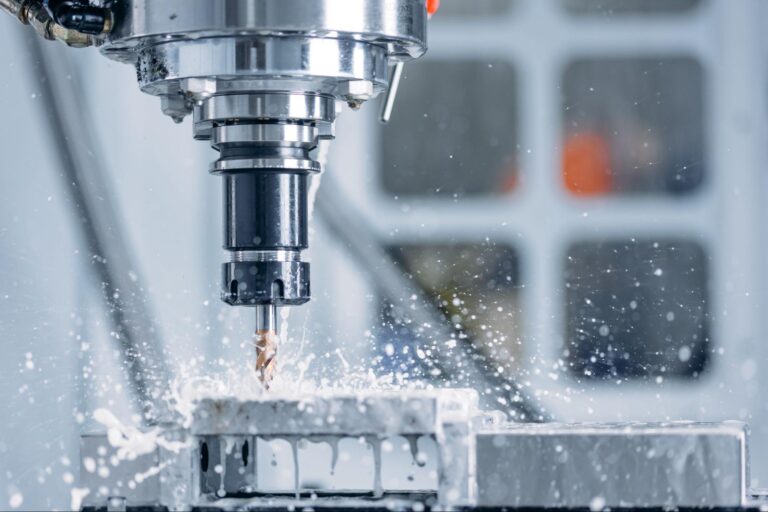Delrin (generic: acetal) is a low-friction, high-stiffness material. It is used in applications ranging from auto parts to musical instruments. With a relatively high toughness and minimal elongation, Delrin boasts excellent dimensional accuracy.
Fictiv also offers Delrin AF (13% PTFE-Filled) and Glass-Filled Delrin.
When compared with standard Delrin, Delrin AF has an increased coefficient of friction for applications that require lubrication. With an excellent wear resistance, toughness, strength and dimensional stability, this material is often found in load bearing applications such as bushings, bearings, cams, thrust washers, gaskets and valve seats.
Glass-filled Delrin offers superior stiffness and dimensional stability with a high resistance to creep. Glass fibers increase impact resistance and fatigue endurance. This material is commonly used for automotive applications, construction, fixturing, and gear manufacturing.









